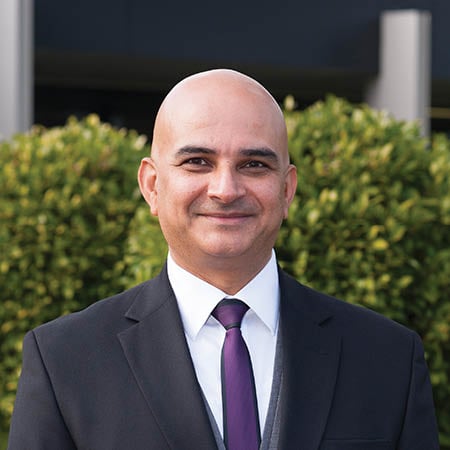Tupperware. It’s so well known that nine out of ten homes in Australia have at least one piece in their cupboards. Introduced to Australia in 1961, sales have been booming ever since. Tupperware is so confident in its product that it even offers a lifetime guarantee, something incredibly rare in the retail world. It was Tupperware that invented the concept, now used by many other brands, of using at-home parties to sell its products rather than selling in stores.
Tupperware is a company that is not only passionate about its diverse product line and offerings, but also for its commitment to its sales force and employees. As Managing Director Stephen Beddoe explains, the company actually cares extraordinarily about its staff. ”When people ask me what makes you get out of bed in the morning, it’s because I truly believe that this organisation is about changing and empowering women and changing people’s lives predominately women, but men too. I am a living example of someone whom they took on and whose life they extraordinarily transformed.”
Stephen is extremely grateful for Tupperware and the opportunities it has given him. Born in India, he worked internationally for American giant Amway before returning to his homeland as COO of the company’s Indian branch for 11 years. In early 2009, however, Stephen and his family decided to move to Melbourne as his sons wanted to study in Australia. For the first year, Stephen worked as an energy assessor, visiting people’s homes and installing energy-efficient light bulbs and showerheads.
This, he says, was a great introduction to Australia and prepared him well for his roles at Tupperware. “As a new, unemployed immigrant coming into the country, [the job] gave me a really good insight into understanding the Australian consumer in their home. I visited probably about 2,000 homes across Melbourne that year. I met people from all demographics, all walks of life, all levels of society. It was wonderful because people were welcoming me into their home, and then after I had provided the service, we would sit and chat and have a cup of tea. I was able to better understand what gave them meaning in their lives and what they were looking for and what they did.”



